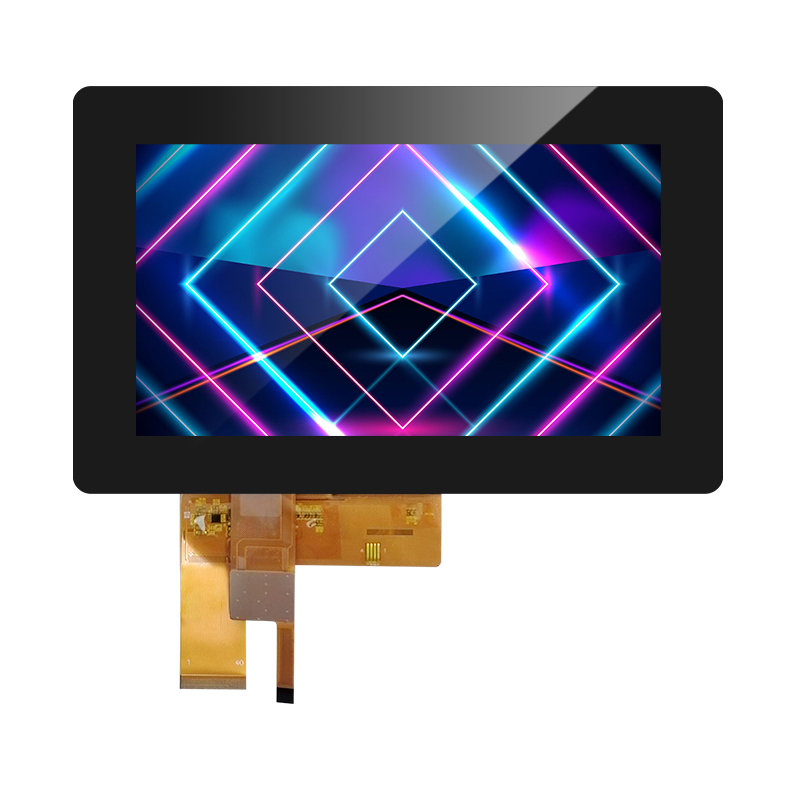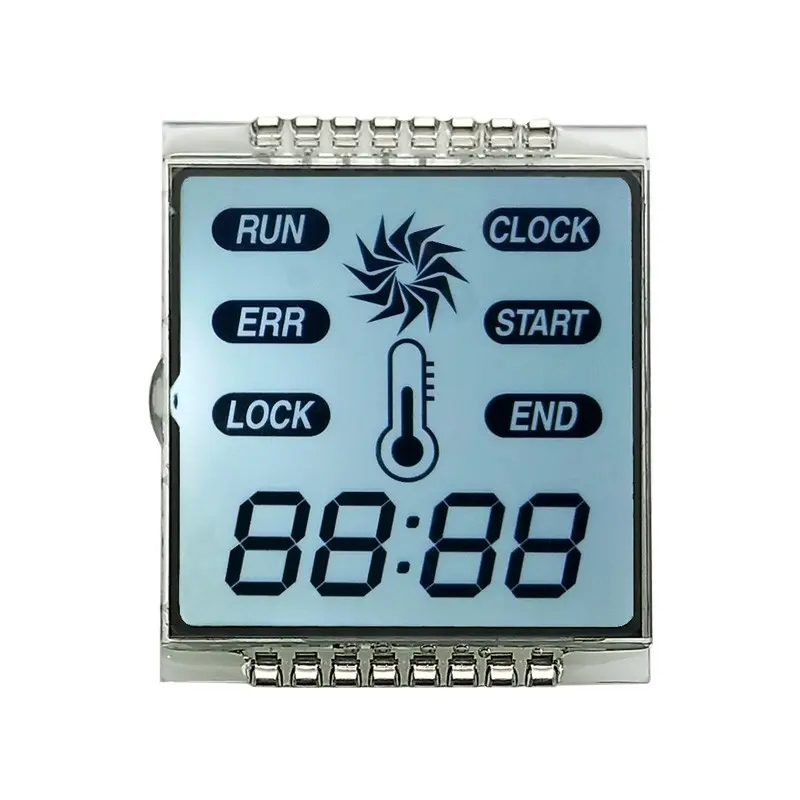
This guide provides a comprehensive overview of using TFT displays with the Arduino Mega, covering setup, libraries, common issues, and advanced techniques. Learn how to select the right display, programmatically control it, and troubleshoot potential problems. We’ll explore various applications and provide practical examples to help you get started.
The first step in any Arduino Mega TFT display project is selecting the appropriate display. Factors to consider include screen size (measured diagonally in inches), resolution (pixels horizontally x vertically), color depth (number of colors the display can show), interface type (e.g., SPI, parallel), and power requirements. Popular choices include displays based on the ST7735, ILI9341, and SSD1331 controllers. Each controller has its own set of features and limitations. For example, the ILI9341 is known for its relatively high resolution and wide availability, while the ST7735 is a good choice for smaller, lower-resolution displays. Remember to check the display's datasheet to ensure compatibility with your Arduino Mega.
Different TFT displays use different controller ICs. Understanding the controller is crucial for selecting the correct library and configuring the display properly. The datasheet for your specific display will provide all the necessary information about its controller, pinouts, and operating characteristics.
Connecting a TFT display to an Arduino Mega typically involves connecting the display's data, clock, chip select, reset, and control pins to specific digital pins on the Arduino Mega. Power connections (VCC and GND) are also essential. Refer to your display's datasheet for the exact pin assignments. Incorrect wiring can lead to display malfunctions or damage to your components.
Several libraries simplify working with TFT displays on the Arduino Mega. The most popular include Adafruit_GFX and various display-specific libraries (e.g., Adafruit_ILI9341, Adafruit_ST7735). These libraries provide functions for drawing shapes, text, and images on the display. Make sure to install the correct library for your specific display controller. You can usually install these via the Arduino IDE's Library Manager.
Once you've chosen your display, connected the hardware, and installed the necessary libraries, you can start writing your code. This usually involves initializing the display, setting up the color palette, and then using library functions to draw on the screen. Many example sketches are readily available online, often directly on the library author's GitHub repository.
A simple program might involve displaying Hello, World! on the TFT screen. This would involve initializing the display, setting the text color, and then using a function like `tft.print()` or `tft.setCursor()` followed by `tft.print()` to display the text at a specific location.
Problems can arise during setup or operation. Common issues include no display, incorrect colors, or display artifacts. Carefully check your wiring, ensure you're using the correct library, and verify that the display is receiving the appropriate power. Online forums and communities offer valuable assistance for troubleshooting specific problems.
Beyond displaying simple text and shapes, you can use your Arduino Mega and TFT display for a wide range of applications. These include data visualization, creating custom user interfaces, building interactive projects, and more. Consider exploring the potential for adding touch capabilities with a resistive or capacitive touch screen overlay.
| Display Model | Controller | Resolution | Color Depth | Interface |
|---|---|---|---|---|
| ILI9341 based | ILI9341 | 320x240 (common) | 16-bit (65k colors) | SPI |
| ST7735 based | ST7735 | 128x160 (common) | 16-bit (65k colors) | SPI |
| SSD1331 based | SSD1331 | 96x64 (common) | 16-bit (65k colors) | SPI |
For high-quality TFT displays and LCD modules, consider exploring the offerings from Dalian Eastern Display Co., Ltd.. They offer a wide range of options to suit various applications.
Remember to always consult the datasheets of your chosen Arduino Mega and TFT display for detailed specifications and connection diagrams.












